Green economy is more than just a buzzword
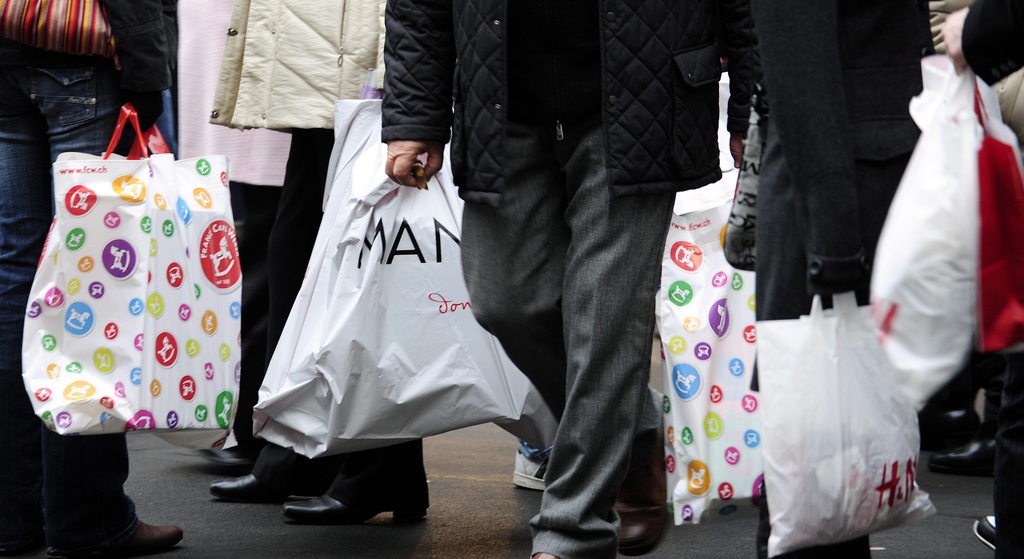
Sustainable development and the green economy have come under scrutiny at a forum in Bern that highlighted the huge challenges the world faces in the years to come.
While many people are coming to terms with what sustainable development means, there is still confusion about what the green economy is all about. Are they one and the same thing?
“The green economy is an economy that represents a transition,” Derek Eaton, a programme officer at the United Nations Environment Programme (Unep), told swissinfo.ch.
“It’s an economy where a new kind of growth and employment are driven by investments that can contribute to reducing energy use, increasing resource efficiency, increasing water efficiency and restoring natural capital.”
The challenges the world faces include, among many other problems, a population explosion, decreasing resources, climate change, CO2 and energy.
Daniel Ziegerer from the Swiss Federal Environment Office says he doesn’t yet have a very succinct definition of the green economy but it is a tool to reach sustainable development.
“Political opportunity”
“I would perceive it mainly as a political opportunity that arose out of the financial and economic crisis that we’ve seen over the last years,” he told swissinfo.ch.
“For many years there were not many possibilities to question the traditional growth models that we’ve followed over the last decades. With this crisis there was a certain readiness at the highest political levels to engage in a debate and see whether we really have the right economic models for the development of our future societies.”
Caroline Morel, who is director of Swissaid, one of Switzerland’s leading aid organisations, had a hard-hitting message to participants at the forum, organised by the National Centre of Competence in North-South Research and the North-South Centre of the Swiss Federal Institute of Technology in Zurich.
“Business as usual is not an option. We have to rethink growth. Developed countries must rethink their consumption and production patterns.”
Ziegerer pointed out that an action plan at the national level was approved by the Swiss government last month, which focused on four areas with potential to contribute to the further development of a green economy.
Swiss priority areas
“New topics where we should give a priority are the whole area of consumption and production and how to make the shift towards more sustainable forms of consumption and production, but then in particular there will be a focus on information and communications technologies, and also on the two important sectors of housing and mobility.”
There are clear ideas about how the green economy should develop.
“A green economy roadmap for us should have two main dimensions. On the one hand it should have a political component where governments at the international level agree on some of the objectives and policies that are needed to bring about this shift towards a green economy that we are looking for.”
“Another part is more action-oriented and we’re talking about more the need to develop or to have some clarity about the tools for achieving these goals,” Ziegerer said.
Peter Niggli, the director of Alliance Sud – the Swiss Alliance of Development Organisations – said real progress in the green economy had so far remained “very limited” and was “very slow”.
Global dimension
The three main reasons were that there was a global dimension to the issue, it was difficult to reconcile the different economic and political interests that were taking the issue seriously, and there was a more or less systematic denial of the problem by some powerful groups.
There was a belief among the latter that future technological progress could “fix everything”, that natural resources would be substituted and “climate changes adapted to”.
Niggli pointed out that although there was rising energy efficiency, there was a stagnant level of CO2 emissions.
He also said there was scepticism from the developing countries over the green economy.
“Why the change of language from sustainable development to green economy? Where is the right to development?”
“All this could be overcome with the right intentions and deeds. Climate negotiations have so far run in the opposite direction,” he noted.
From all this it’s clear that the green economy will feature high on the agenda of the follow-up conference to the Earth Summit of 1992 in Rio de Janeiro, Brazil (Rio + 20).
It is designed to assist governments in “greening” their economies by reshaping and refocusing policies, investments and spending towards a range of sectors, such as clean technologies, renewable energies, water services, green transportation, waste management, green buildings and sustainable agriculture and forests.
Greening the economy refers to the process of reconfiguring businesses and infrastructure to deliver better returns on natural, human and economic capital investments, while at the same time reducing greenhouse gas emissions, extracting and using less natural resources, creating less waste and reducing social disparities.
(Source: Unep)
Switzerland says the international green economy debate could give new impetus to:
improving framework conditions for the transformation to a green economy
increasing resource efficiency and reducing net resource use
fostering investments in economic activities which do not increase ecological scarcities and environmental risks
sharing and disseminating best practices
(Source: Federal Environment Office)

In compliance with the JTI standards
More: SWI swissinfo.ch certified by the Journalism Trust Initiative
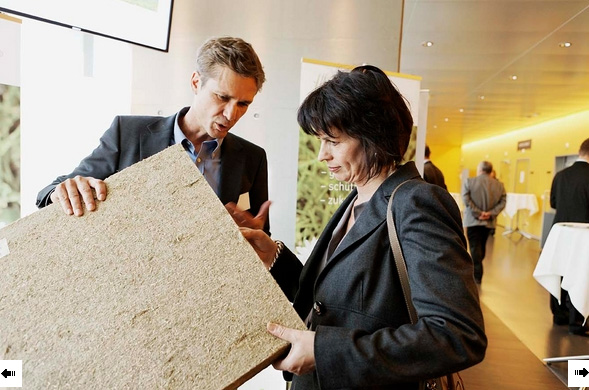
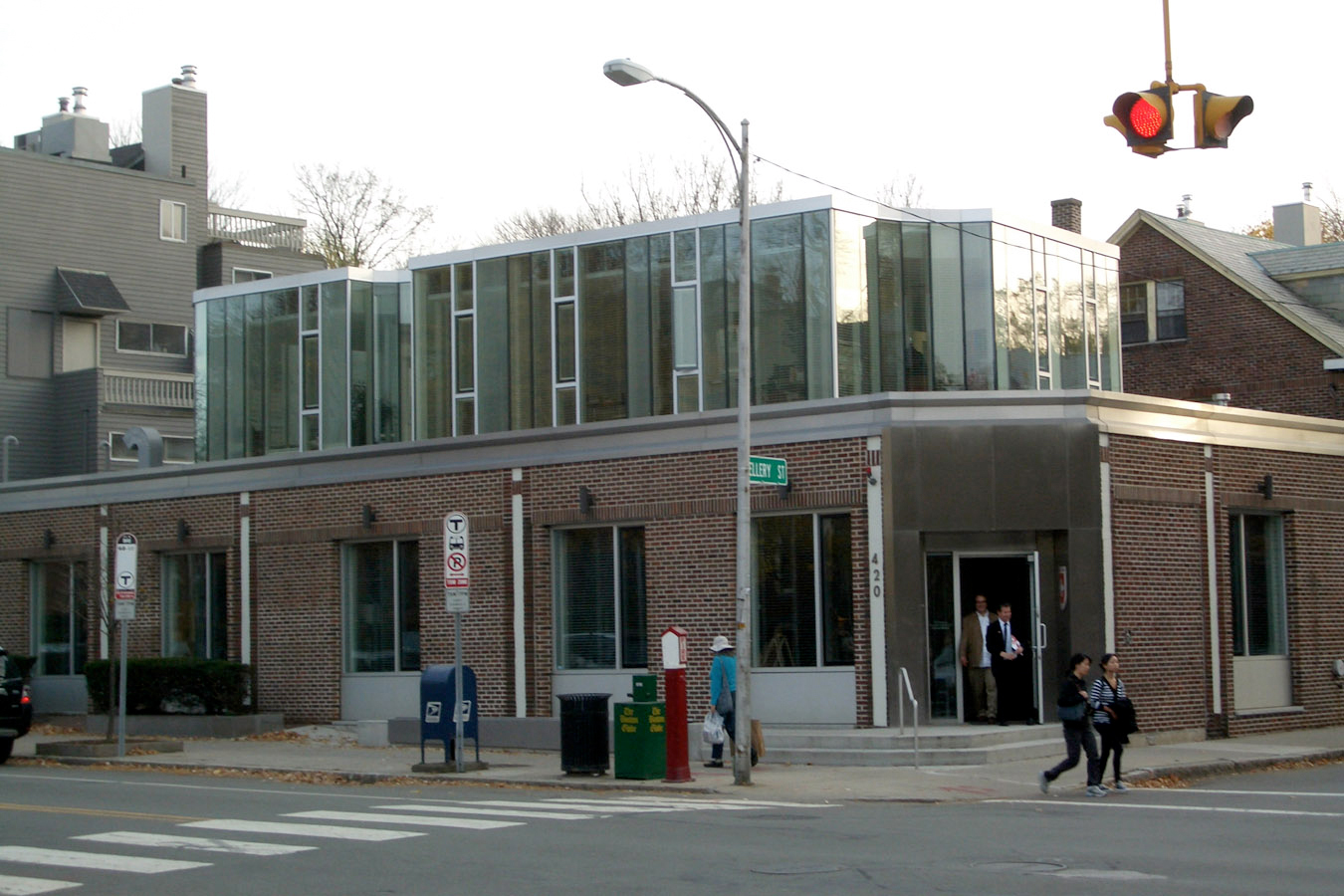
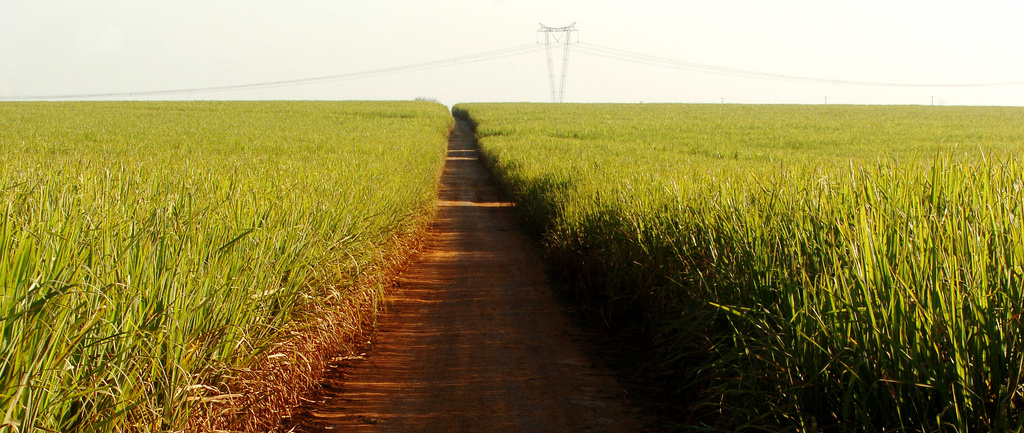
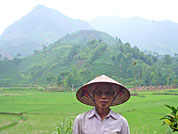
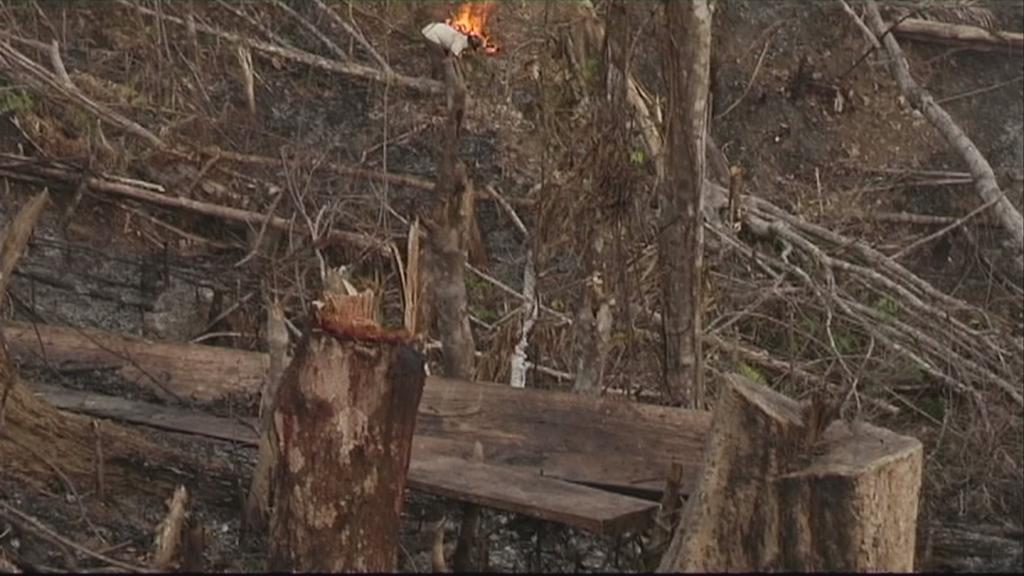
You can find an overview of ongoing debates with our journalists here. Please join us!
If you want to start a conversation about a topic raised in this article or want to report factual errors, email us at english@swissinfo.ch.